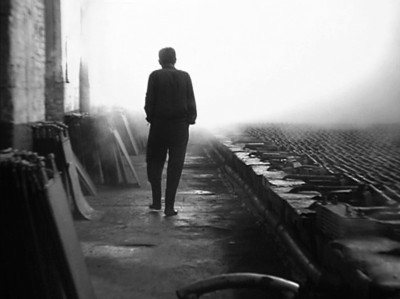
An Ethics of Observation.
Four Films by Wang Bing
Over the course of the last fifteen years, Wang Bing (b. 1967) has established himself as one of the few truly vital, original and urgent voices in contemporary documentary cinema, unparalleled in both his native China and elsewhere in the world. Extending the resolute legacy of cinema verité powerhouse Frederick Wiseman, Wang has defined a willfully unruly yet deeply empathetic humanism, guided by a tireless, soulfully compassionate camera that patiently chronicles the everyday lives of peasants, workers and drifters while skillfully setting them off against the vast and impossible landscapes of 21st century China. The films of Wang Bing categorically refuse the folksy and saccharine “character-driven stories” and bumper-sticker sloganism stoking the engorged market for easily streamable and digestible nonfiction cinema in today’s so-called Golden Age of Documentary. With brave candor and humility, Wang has dedicated himself to a mode of observational cinema that effaces its maker by insisting on the irreducible specificity of the unique lives ever-unfolding within his films and never forcing any individual figure or story to simply serve as emblem or microcosm of a larger condition. Wang’s recent films allow unfettered access to some of China’s most unsettling problems: draconian socioeconomic injustice and disparity; a surging population of displaced and unemployed men and women; adults and children drifting in the squalid margins of society in desperate search of steady work. Yet the revelations and enlightenment that comes from experiencing a Wang Bing film derive also from the raw beauty, tenderness and stark brutality of his imagery. The hard but deeply rewarding labor of witnessing, and therefore participating in, Wang Bing’s cinema elevates it to another level seldom achieved by documentary today. – Haden Guest















